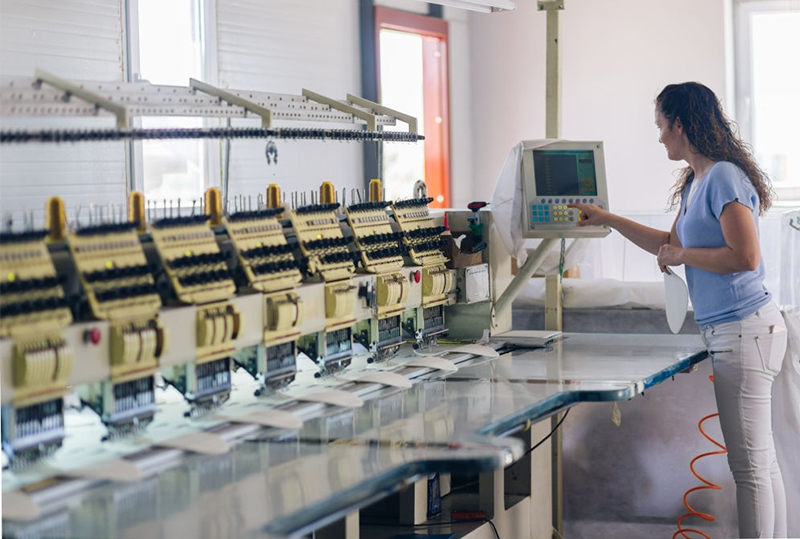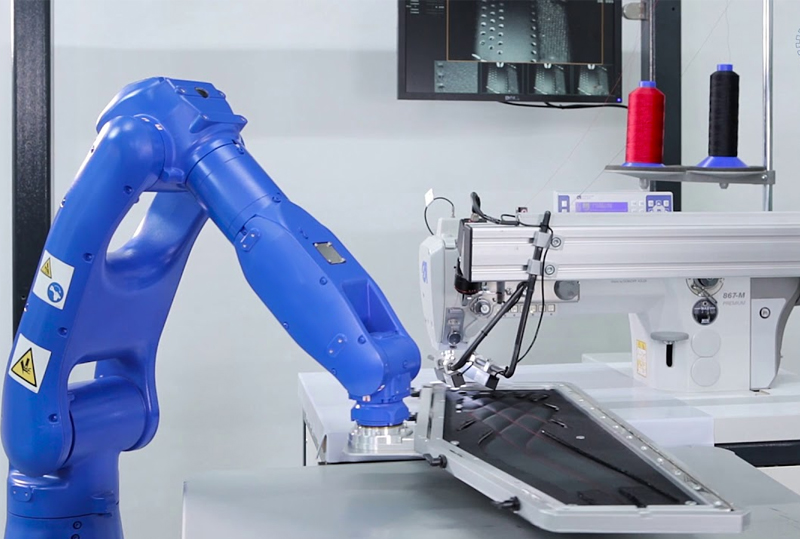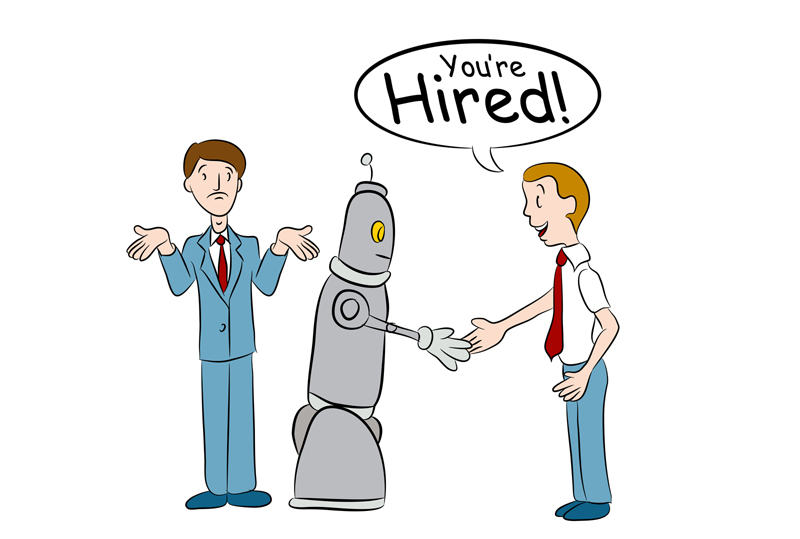Are you ready for Apparel 4.0?
The waves of Industry 4.0 is yet to make a complete sweep and create the biggest impact the world has ever experienced. But the effects of Industry 4.0 and the benefits it can bring to industries and through them to all human beings’ life are already being anticipated. Now, it is also imperative to understand how the apparel industry will be affected by Industry 4.0.
Industry 4.0 refers to the use of technology to automate processes. Similarly, Apparel 4.0 means the use of technology to automate the processes in textile manufacturing, right from conceptualization to packing. Apparel 4.0 essentially refers to the digitization of the entire garment value chain using emerging technologies such as cloud computing, industrial internet of things, artificial intelligence and many more.


Just like automation in any other field, the pros and cons of Apparel 4.0 have been discussed, debated and scrutinised by experts and novices all over the world. The advent of apparel 4.0 has been predicted to cancel out as much as 60% of jobs in countries whose workforce greatly depends on RMG and apparel manufacturing.
To understand how the concept of automation can be deployed in apparel industries, consider the example of sewbots. Sewbot is a completely automated sewing workline that can manufacture a variety of sewn products in lesser time without much human intervention. Sewbots are already being used in many apparel manufacturing and RMG industries in the world, where a basic version of sewbot can do the job of 10 sew line workers and produce goods 5 times faster than all of them combined.
Although deploying bots can ensure the highest quality, lowest production time, lower overheads and fewer accidents, experts have warned of the imminent threat job automation can bring to human labour, especially in countries that are labour intensive in RMG and apparel manufacturing sectors. However, automation in Apparel 4.0 can open up a lot of other job opportunities too, that did not exist before. This might also lead to the emerging of new verticals, industries and educational branches which in turn would employ more number of people than who lost their jobs.
A few years down the line, Apparel 4.0 will indeed transform the textile industry sector as we know it today. Technological impact in Apparel 4.0 will also affect how processes and resources are planned. Unlike the transformation in any other industry, Apparel 4.0 can directly affect end consumers and make an immense impact in their lives. It is highly imperative for textile industries to become technologically and managerially equipped to ride the Apparel 4.0 wave.

Your Comments
INDUSTRIES WE SERVE












